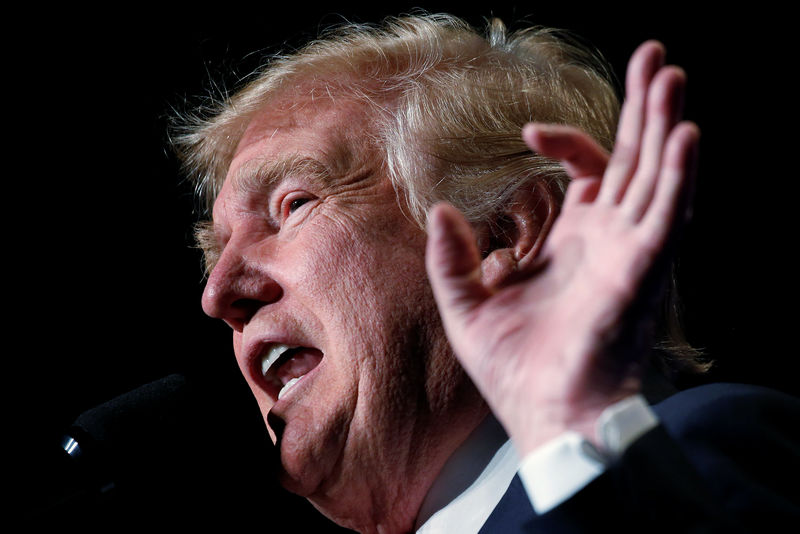By Dan Levine
(Reuters) - A U.S. judge rejected Hawaii's bid to exempt grandparents from President Donald Trump's temporary travel ban on Thursday, but ruled that the state could ask the U.S. Supreme Court directly to clarify which parts of the order should take effect.
U.S. District Judge Derrick Watson in Honolulu had been asked to interpret a ruling from the U.S. Supreme Court that revived parts of Trump's March 6 executive order banning people from six Muslim-majority countries for 90 days.
The highest court let the ban go forward with a limited scope, saying it could not apply to anyone with a credible "bona fide relationship" with a U.S. person or entity.
Trump said the measure was necessary to prevent extremist attacks. However, opponents including states and refugee advocacy groups sued to stop it, disputing its security rationale and saying it discriminated against Muslims.
Watson said in Thursday's ruling he "declines to usurp the prerogative of the Supreme Court to interpret its own order."
A spokesman for the Hawaii attorney general office said they would refile the request to the Supreme Court. Representatives for the Department of Justice could not be reached immediately for comment.
The government said after the Supreme Court ruling last month that a "bona fide relationship" meant close family members only, such as parents, spouses, fiancés, siblings and children.
Grandparents, grandchildren, aunts, uncles, nieces, nephews and cousins from Iran, Libya, Somalia, Sudan, Syria and Yemen would still be banned.
The state of Hawaii asked Watson last week to clarify the Supreme Court's ruling, arguing the government's definition of "bona fide relationship" was too narrow.
Justice Department lawyers said its definition "hews closely" to language found in U.S. immigration law, while Hawaii's attorney general office said other parts of immigration law included grandparents as close family.
The government reversed its position on fiancés before the ban went into effect last week, saying they could also qualify for exceptions. The government described in a court filing a 72-hour scramble to "coordinate among multiple government agencies, and issue detailed guidance" on how to implement the Supreme Court's ruling.
The roll-out of the narrowed version of the ban was more subdued last week compared to January, when Trump first signed a more expansive version of the order. That sparked protests and chaos at airports around the country and the world.
